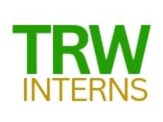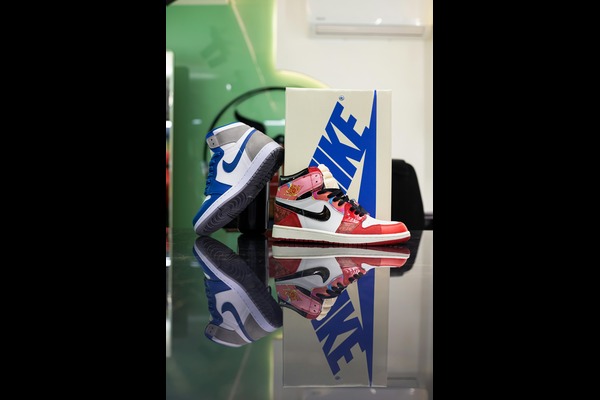Content Marketing: The Secret Tool for Driving Sales Like a Pro
Content marketing is a powerful strategy used to attract, engage, and retain customers by creating and sharing valuable content. Instead of bombarding your audience with direct sales messages, you provide them with useful information whether through articles, videos, podcasts, or infographics that meets their needs. By doing this, you build trust, establish authority, and nurture customer relationships, ultimately leading to more sales. But how exactly does content marketing drive revenue? Let’s break it down with a simple example. Imagine you own a skincare brand. Instead of only posting ads about your products, you create content on “How to Identify Your Skin Type” or “The Best Skincare Routine for Oily Skin”. These topics are valuable to people actively looking for skincare solutions. If someone is searching for skincare advice, stumbles upon your content, reads your post, and finds it helpful. Over time, they begin to trust your brand as a go-to resource for skincare tips. When it’s time to buy skincare products, guess who they’ll turn to? You! Why Content Marketing is More Effective Than Traditional Selling Let’s say you’re in the market for a new phone. You walk into two different stores: Seller A just says, “Buy from me.” Seller B educates you on how to differentiate between fake and original phones, explains the best models for your budget, and even offers tips on maintaining your phone’s battery life. Who would you trust more? Most likely Seller B, because they provided value before making a sales pitch. This is exactly how content marketing works. It builds trust, positions you as an expert, and naturally leads customers to buy from you. The Key Benefits of Content Marketing include: It boosts customer trust and loyalty Providing valuable content helps you connect with your audience. When customers see you as a helpful resource rather than just another seller, they are more likely to choose your brand repeatedly. It establishes you as an industry leader The more helpful and educational your content is, the more credibility your business gains. When people trust your expertise, they are more likely to refer others to your brand. It increases organic traffic through SEO Well-optimized content helps your brand rank higher on Google, making it easier for potential customers to find you. If someone searches for “best skincare routine”, and your article appears on the first page, you get free traffic and potential buyers without spending money on ads. It generates quality leads and sales Unlike traditional ads that often get ignored, content marketing attracts people who are already interested in what you offer. By educating them first, you warm up potential buyers, making them more likely to purchase. It strengthens customer relationships Content marketing isn’t just about acquiring new customers, it’s about keeping them. Regularly providing valuable content keeps your audience engaged, making them more likely to stay loyal to your brand. Now, you know the benefits, what are the ways to effectively use content marketing to drive sales? 1. Understand Your Audience : Research what your potential customers are searching for online and create content that answers their questions. 2. Create High-Quality, Engaging Content Your content should be valuable, well-structured, and easy to read. 3. Use SEO Strategies : Optimize your content with relevant keywords (like “content marketing”) to improve search rankings. 4. Leverage Multiple Formats – Blog posts, videos, infographics, and social media content all work together to engage your audience. 5. Have a Strong Call-to-Action (CTA) : At the end of every content piece, guide readers on the next step whether it’s signing up for a newsletter, booking a consultation, or making a purchase. Ready to Attract More Customers with Content Marketing? Let the Experts Handle It! Creating high-quality, sales-driven content requires skill, strategy, and consistency. If you’re ready to take your brand to the next level but don’t know where to start, TRW Consult can help! At TRW Consult, our team of expert content marketers specializes in crafting engaging, SEO-optimized content that: ✅ Positions your brand as an industry leader ✅ Attracts the right audience ✅ Converts readers into paying customers We’ve helped businesses grow their revenue through powerful storytelling and smart content strategies. Are you next? ???? Book a FREE strategy call today and let’s build a content plan that works for you! Also Read: Editing Tips To Improve Your Business Writing










